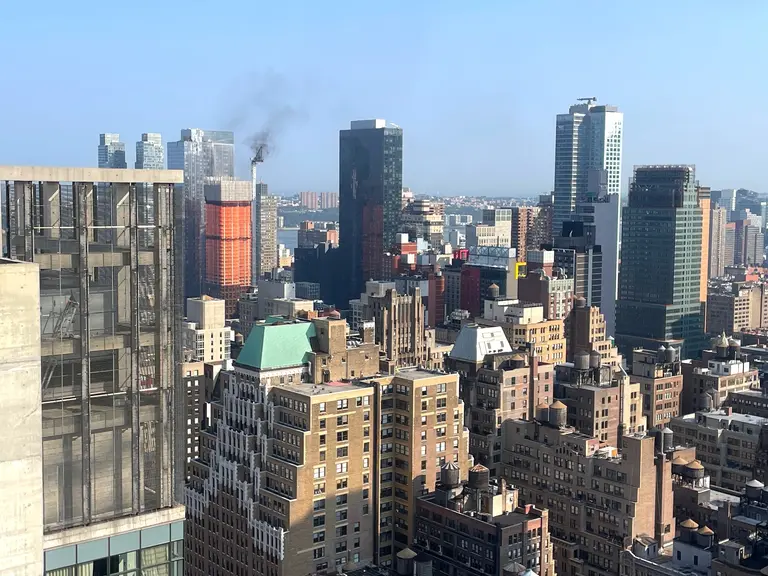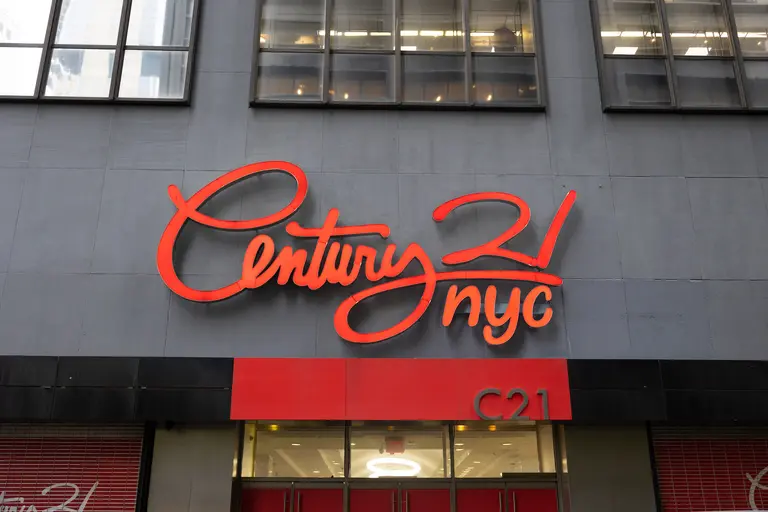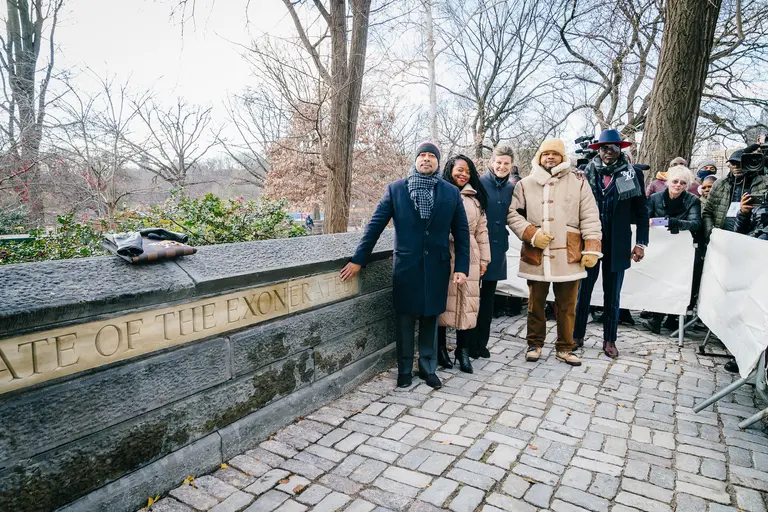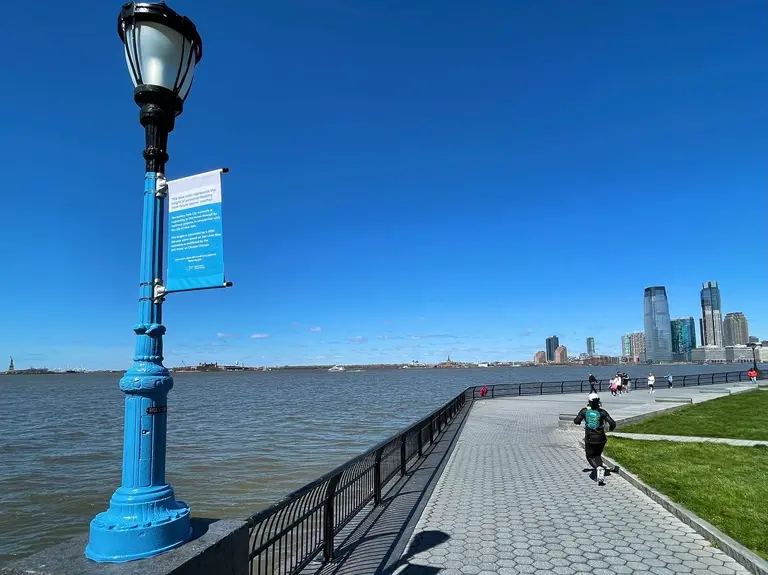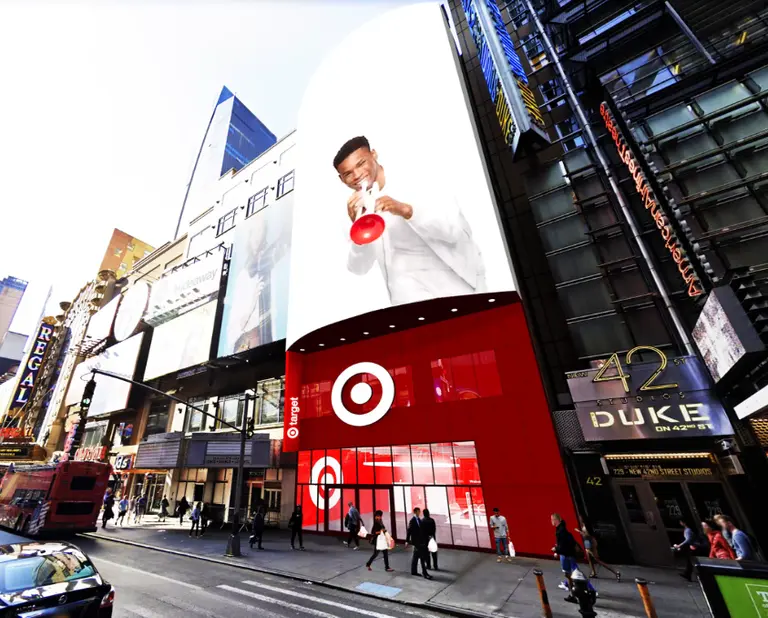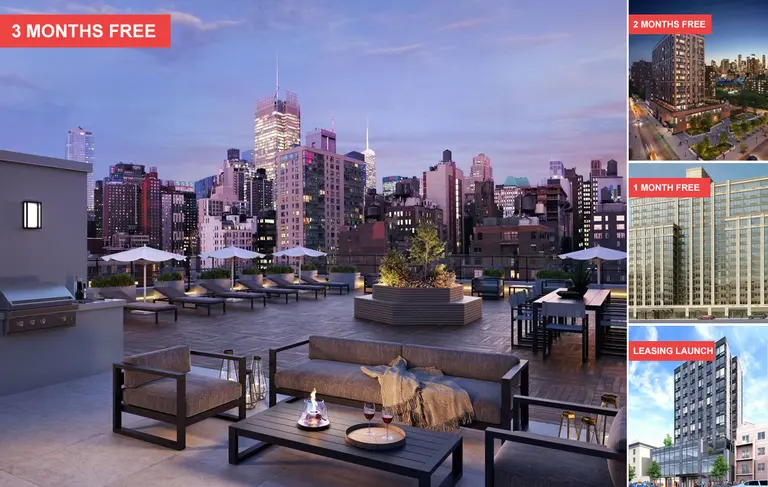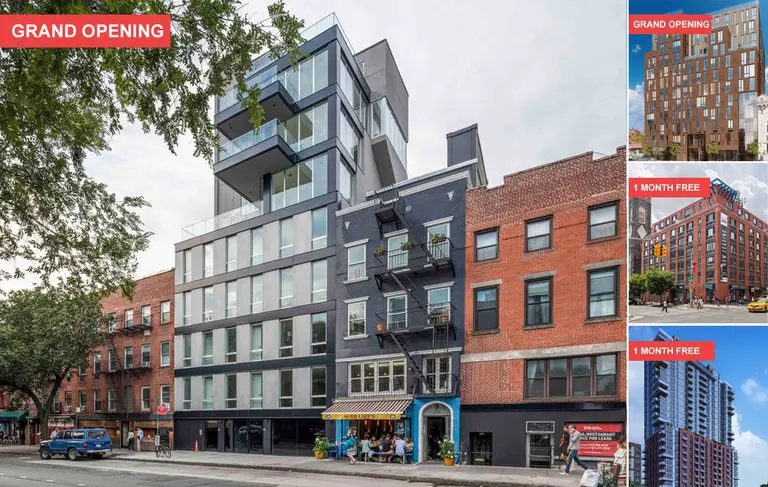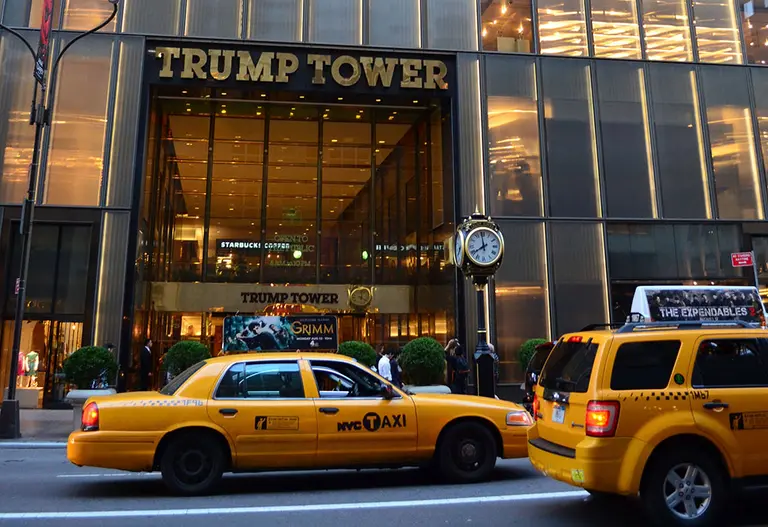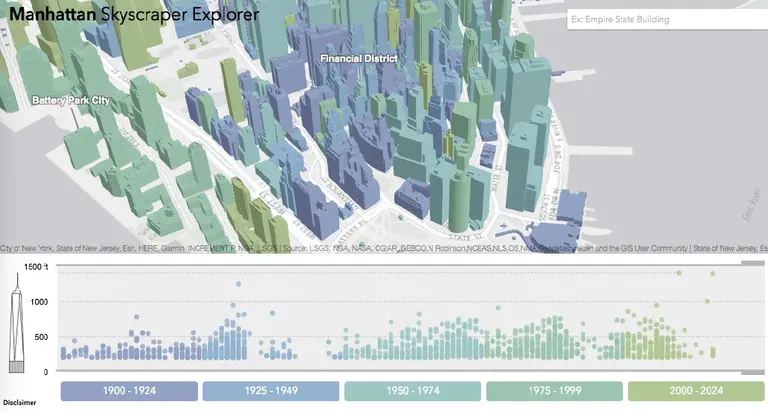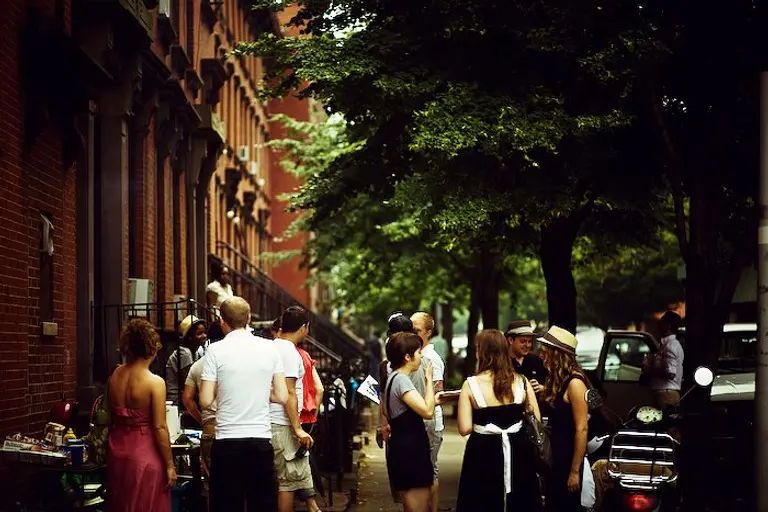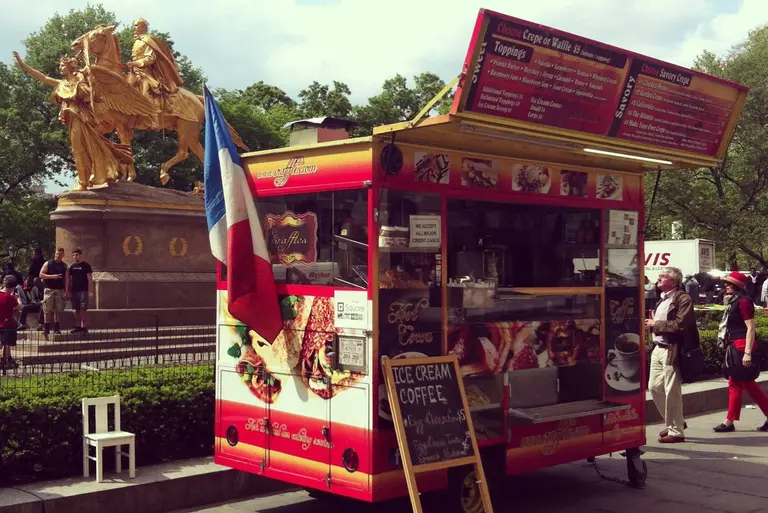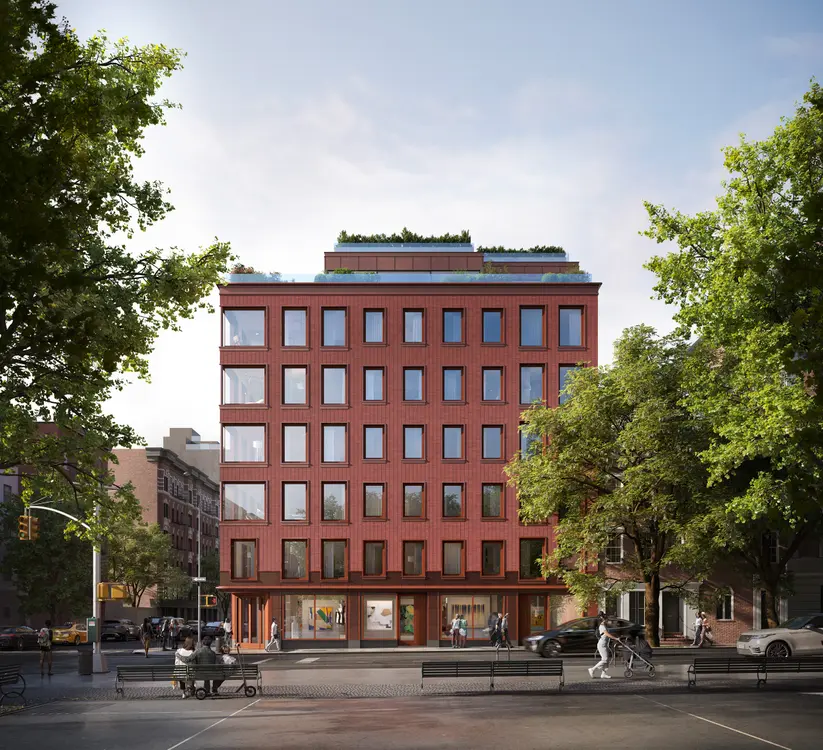Brooklyn-based farmer proposes turning parts of Central Park into a community farm
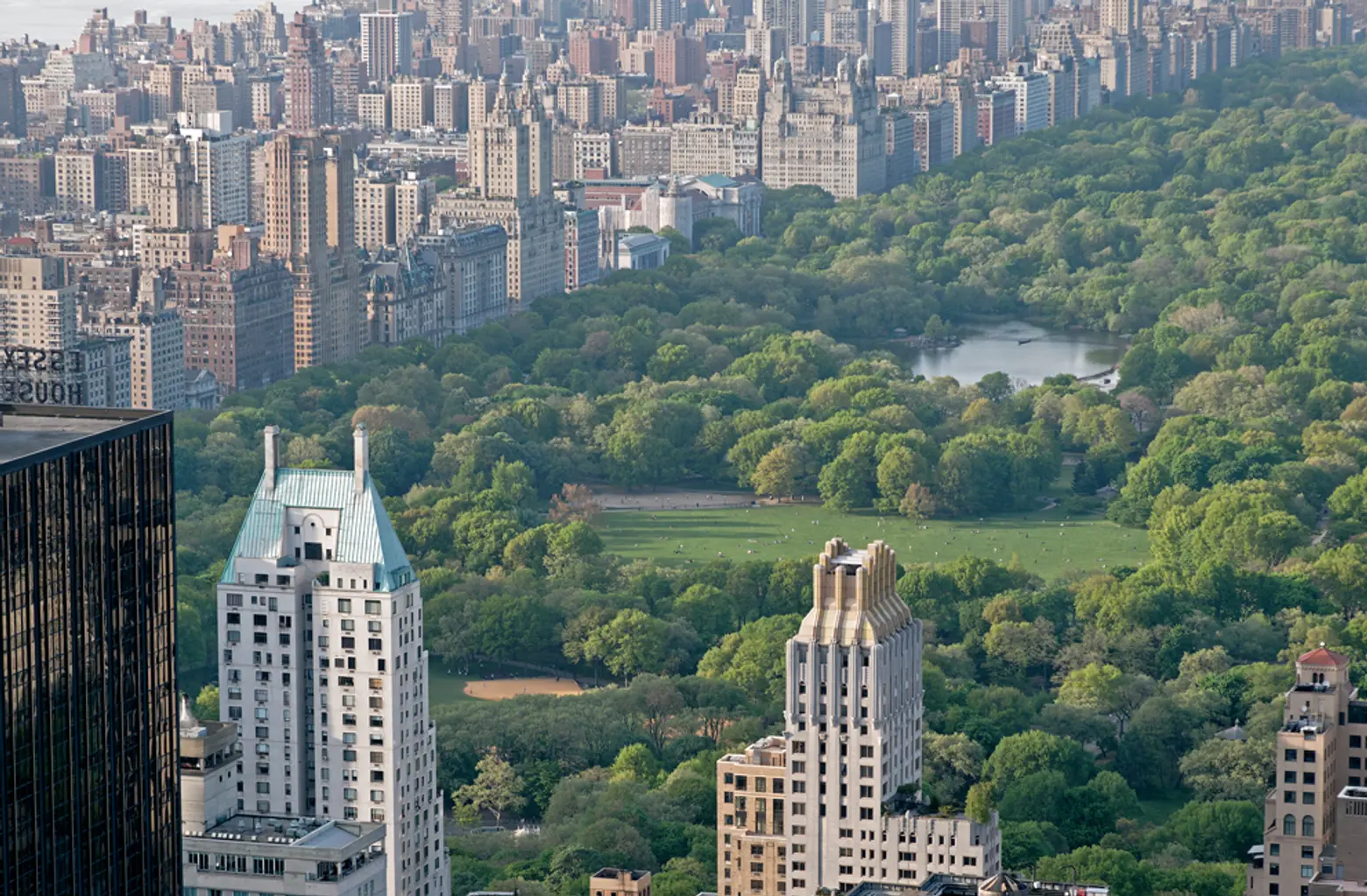
A farmer based in Brooklyn has come up with an idea that not only honors a historic black community but also gives back to present ones. Amber Tamm, a horticulturist and urban farmer who works at the Brooklyn Grange rooftop farm, told Fast Company about her proposal to convert 14 acres of Central Park into a farm that would feed Manhattanites in need.
Between what is now Central Park stretching from West 83rd to 89th Streets was Seneca Village, a settlement of free African American property owners. Thirty years after the community was founded, the city in 1853 of New York took control of the land through eminent domain and razed Seneca Village to make way for Central Park.
For decades, the historical significance of the site was ignored. But in 2011, a group of historians and archaeologists excavated the site and found thousands of artifacts and household items that reflected a middle-class lifestyle.
Now, as the city and nation face a reckoning on race and as COVID-19 pushes more people into economic and food insecurity, Tamm wants to reclaim the land of Central Park by turning 14 of its 55-acre Great Lawn into a community farm that would help feed New Yorkers in need. The name of the proposed farm? Seneca Village Farm.
“I think calling out Central Park is powerful, because it’s the biggest park in New York City and it has the most flatland,” Tamm told Fast Company.
According to the website, Seneca Village Farm would contain 14 one-acre sites, with each overseen by one person or group. An urban farming training program would be part of the proposal. Through a GoFundMe launched in June, Tamm has raised more than $120,000 to acquire land and start her farm.
“For me land ownership is more than possession of land, it’s something that I could leave for my future lineage, its a way to to create safe space outside of the city to connect with Momma Earth, it was a way to bring community together to heal,” the fundraising page reads. “It’s a way to regenerate soils and grow more local food. This would also be an opportunity for me to find a way to give land access back to the original indigenous people of the future land I decide to rest upon.”
Tamm told Fast Company she will meet with the city’s Parks Department to discuss the community farm in Central Park. Rules around permitting in the park, especially on the Great Lawn, will be the biggest obstacle for the proposed Seneca Village Farm. The city has moved to recognize Seneca Village in recent years; last year, the Central Park Conservancy launched an outdoor exhibit to teach visitors about the historic neighborhood.
[Via Fast Company]
RELATED:
